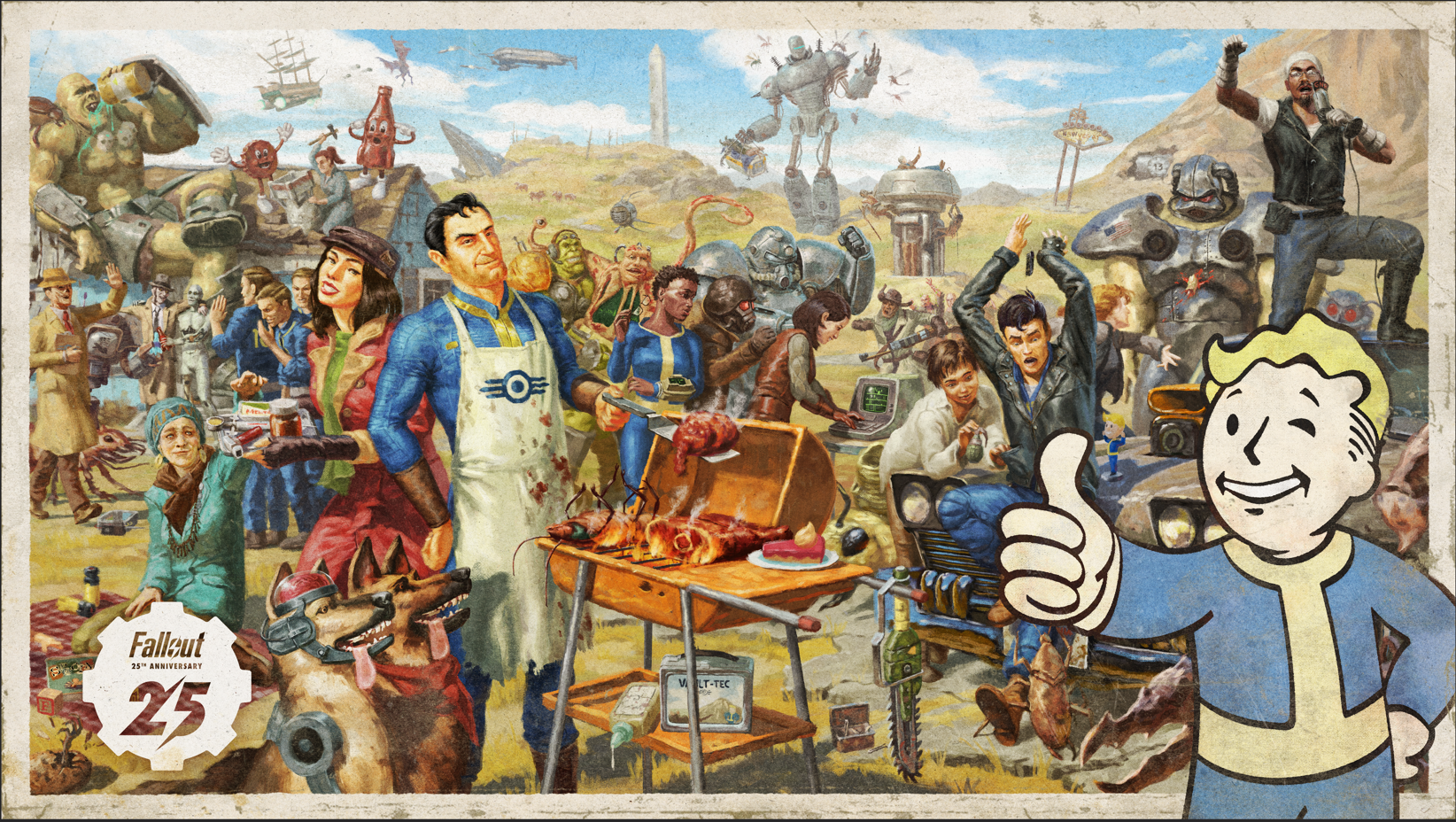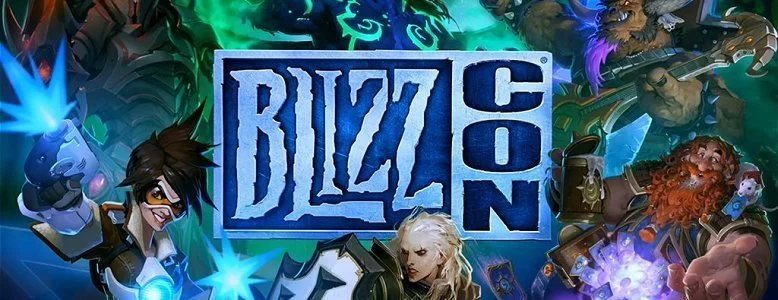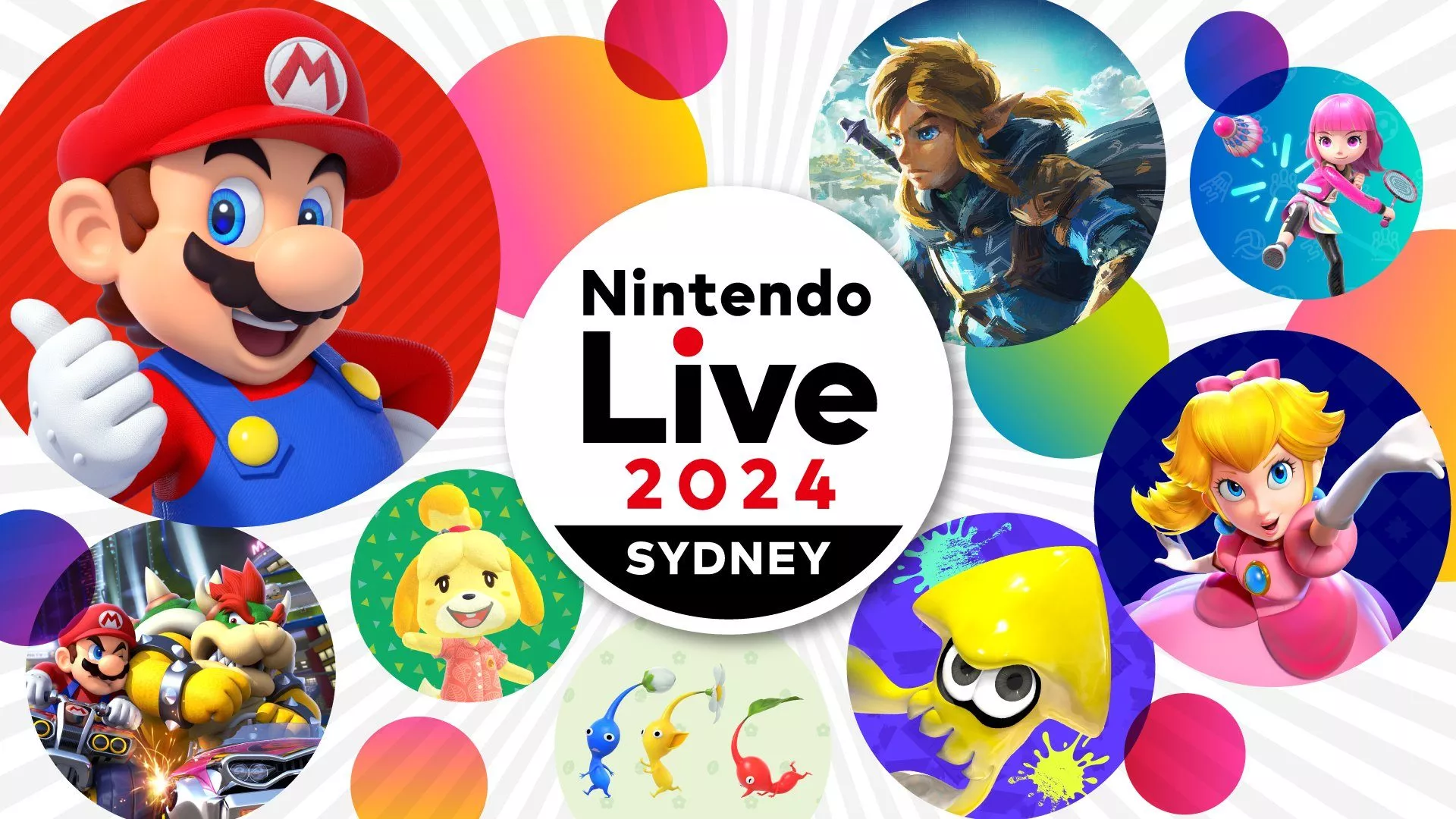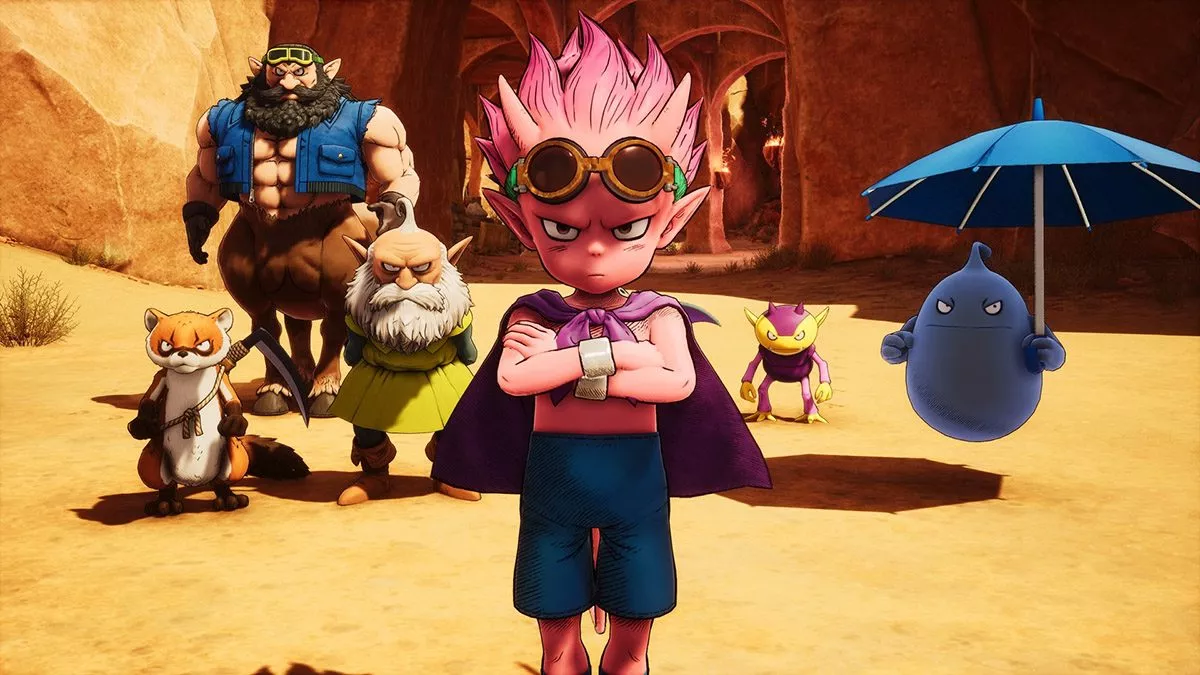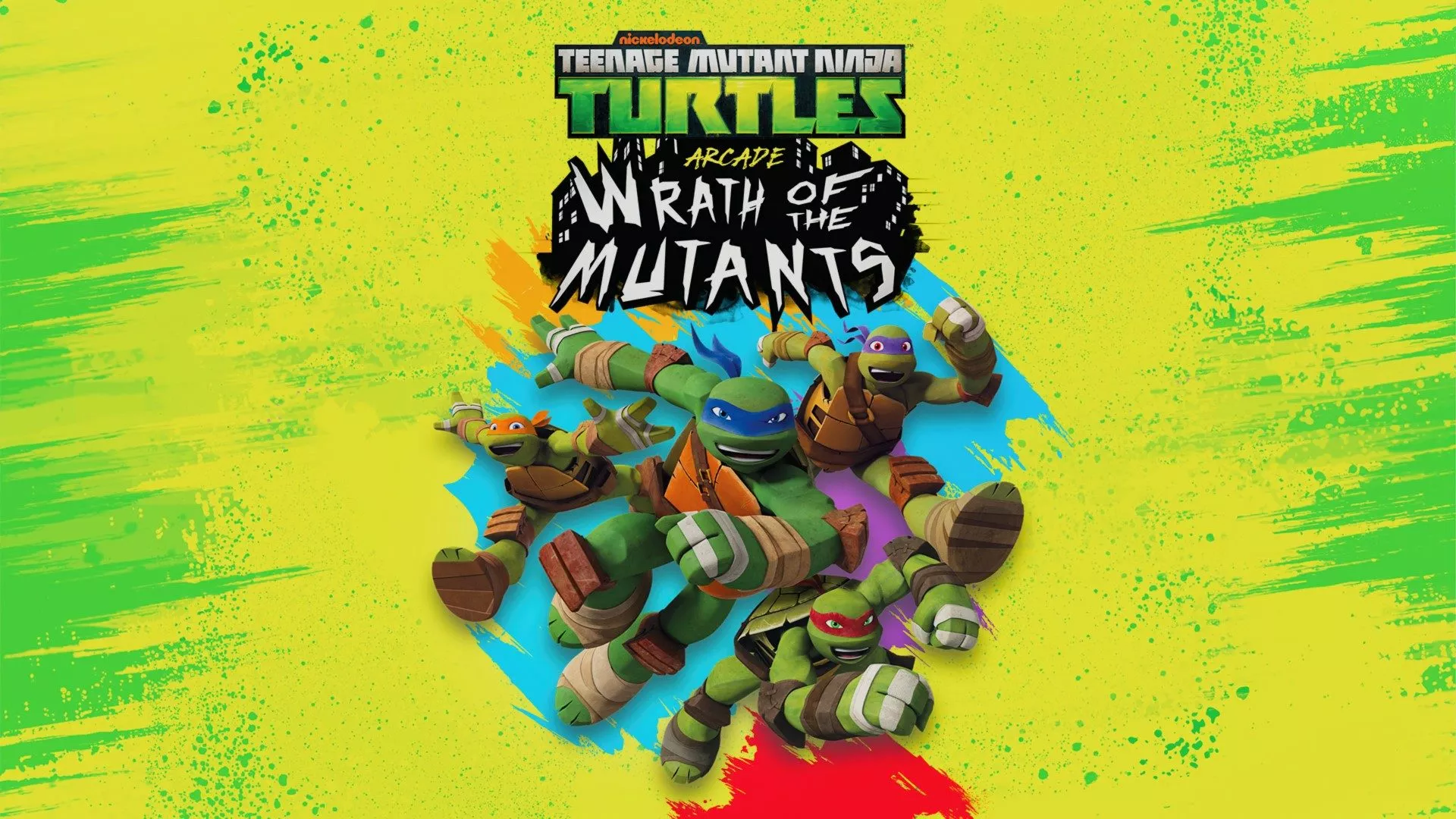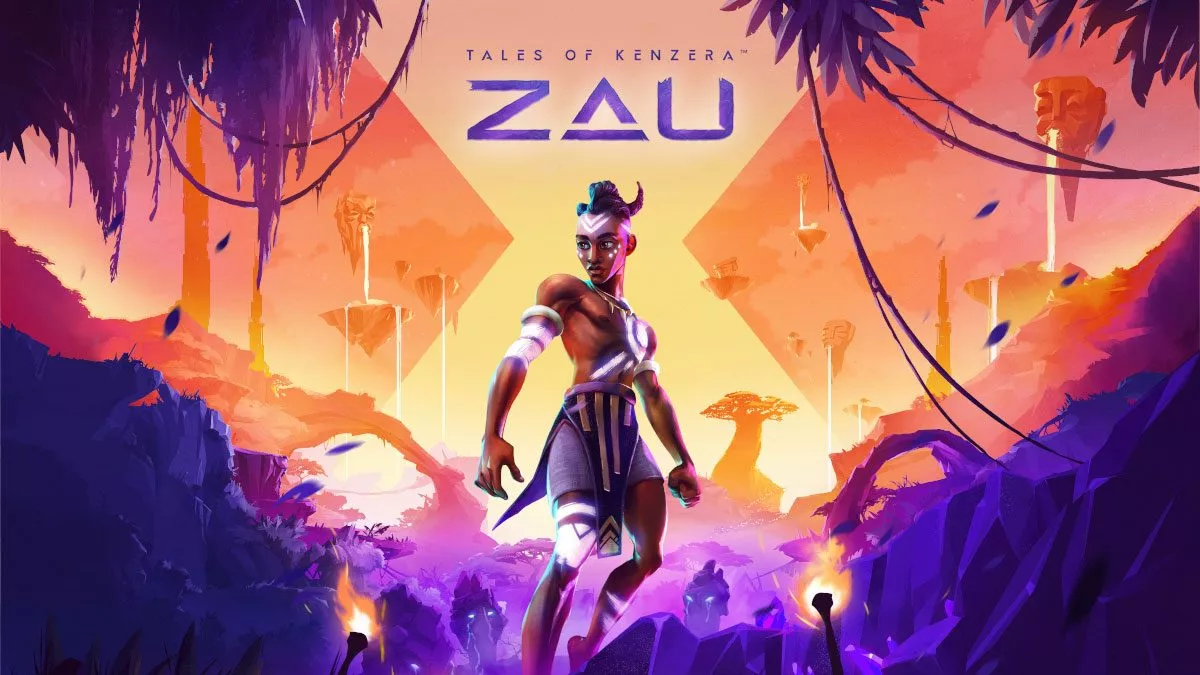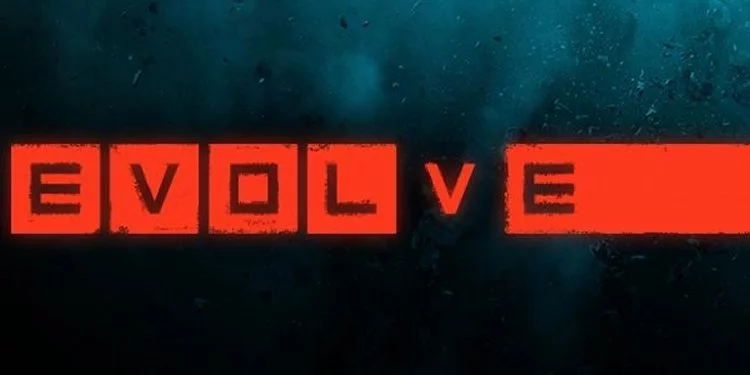Turtle Rock Studios has clarified the DLC strategy for Evolve on their forums, explaining issues with timing and what players who don’t buy the downloadable content will be able to access. The primary complaint players have seems to be one common to downloadable content since its inception; that content is being held back from the game to sell to players later.
The developer also outlined its efforts to avoid splitting their community. Downloadable maps, monsters and hunters will be available to all players, but only those who pay for the DLC can use them as playable characters. Those who choose not to pay can still play against them or with them both solo and online. They have also promised that game balance will always be respected in downloadable content, new monsters and hunters will not be designed as overpowered to encourage sales.
Finally, the last paragraph is an interesting one, where Turtle Rock address the realities of working with a publisher rather than the unique environment of Valve, who published their previous Left 4 Dead games. While Valve were willing to experiment with free content and heavy Steam marketing to sell more copies of the game, believing in growing the customer base rather than making more off the existing users, 2K request a more traditional approach. That means DLC packs, a season pass and posts like this as the developers try and explain how the business works.
Once, this may have been a viable strategy; as an example, early last console generation Capcom were notorious for storing downloadble content on the disc, unlocked with a microtransaction. That practice has been condemned for so long it is hard to imagine a high profile release even attempting that kind of move. It is a shame Turtle Rock Studios need to defend themselves against this, as early downloadable content is an important part of development now. It helps stave off the ‘create, release, layoff’ cycle has plagued the last decade of game development, and their explanations sound genuine.
This article may contain affiliate links, meaning we could earn a small commission if you click-through and make a purchase. Stevivor is an independent outlet and our journalism is in no way influenced by any advertiser or commercial initiative.


